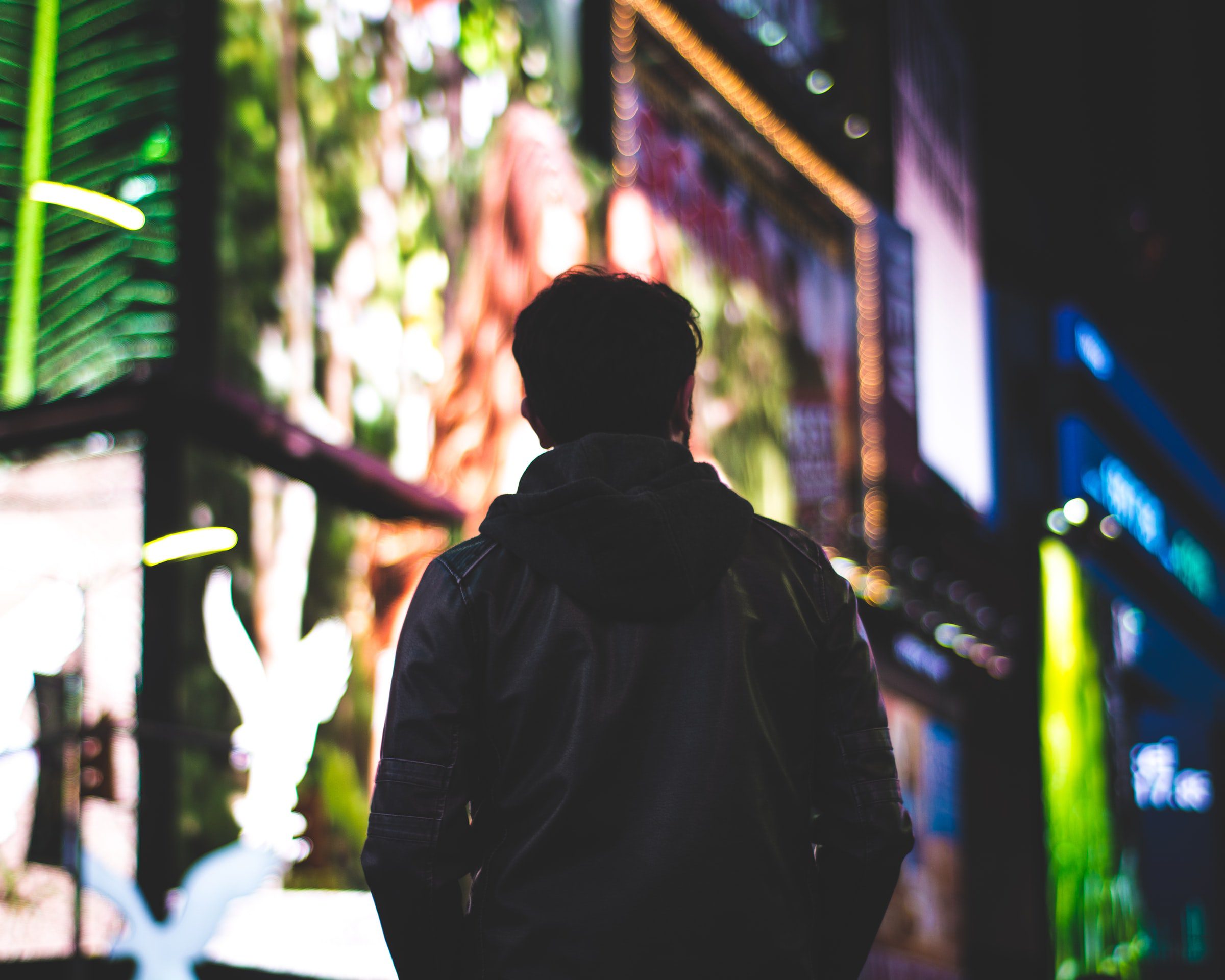Spending time alone is important for mental health. Alone time is crucial for getting more in touch with self and can be useful for figuring out personal likes, dislikes as well as cultivating new mindsets and goals.
According to Four Wellness Co., “Alone time is an opportunity to check in with how you’re doing and what you want, so you can live your most intentional life.”
However, making time to be alone and figuring out what intentions to set in life is where many people fall short. Getting caught up in everyday routines and issues can easily distract one from focusing on major goals.
Lifeworks, a counseling and coaching center based in North Dallas, wrote a blog post on the benefits of alone time and how to carve out time for one’s self.
Their first tip is to disconnect or to remove distractions that encourage interacting with others. This could look like turning off your television, silencing your phone, or even turning off your laptop and committing to not opening it until the next work day.
Lifeworks also encourages people who need alone time to find ways to include it in their daily schedule. Carving out time in a tightly packed calendar could include waking up earlier or going to bed later to create extra time in the day. Including small quiet breaks throughout the day is also beneficial.
“There is no right amount of alone time. Everyone is different and requires different things. Introverts often need more alone time than extroverts. After a few times, you’ll know what works best for you,” the post reads.
The next issue with spending time alone is finding out what to do on a consistent basis during this time that is beneficial to mental health. The key to alone time is finding an activity that is soothing and prevents people from reverting back to old patterns.
While self-care is subjective and doing things that are enjoyable varies from person to person, the ultimate goal is to feel relaxed and satisfied when the activity is done. These are three suggestions for activities you can do on your own:
- Exercise and physical activity are known to ease symptoms of depression and anxiety. Exercise releases endorphins that make humans feel good and can be beneficial for holistic health purposes if a person does not participate in physical activity regularly. This doesn’t require a large time commitment because some physical activity is better than no activity, however, the Mayo Clinic notes that “mental health benefits of exercise and physical activity may last only if you stick with it over the long term — another good reason to focus on finding activities that you enjoy.”
- If physical activity isn’t appealing, meditation is helpful for reducing stress and increasing focus. Healthline featured a “study involving 48 people with high blood pressure, type 2 diabetes, or both, [where] researchers found that meditation helped lower LDL (bad) cholesterol and inflammation compared with the control group. Additionally, the participants in the meditation group reported improved mental and physical wellness (97 Trusted Source).”
- Cooking therapy is another way to spend time alone and many find this activity relaxing. There aren’t many studies that show the correlation between following recipes and anxiety, however, a 2018 article in the journal Health Education and Behavior noted that cooking seemed to be beneficial in that it helped improve self-esteem, psychological well-being as well as decrease anxiety and agitation. In a commentary piece for the Washington Post, Jamie Friedlander wrote about how she found cooking helped her cope with her anxiety. “Through a circuitous route, I’d discovered that the rhythmic motions of cooking — the chopping, stirring, sautéing, and slicing — were soothing,” said Friedlander. “The attention needed to follow a recipe forced me to focus on something other than the worries that constantly bombard my brain.”





